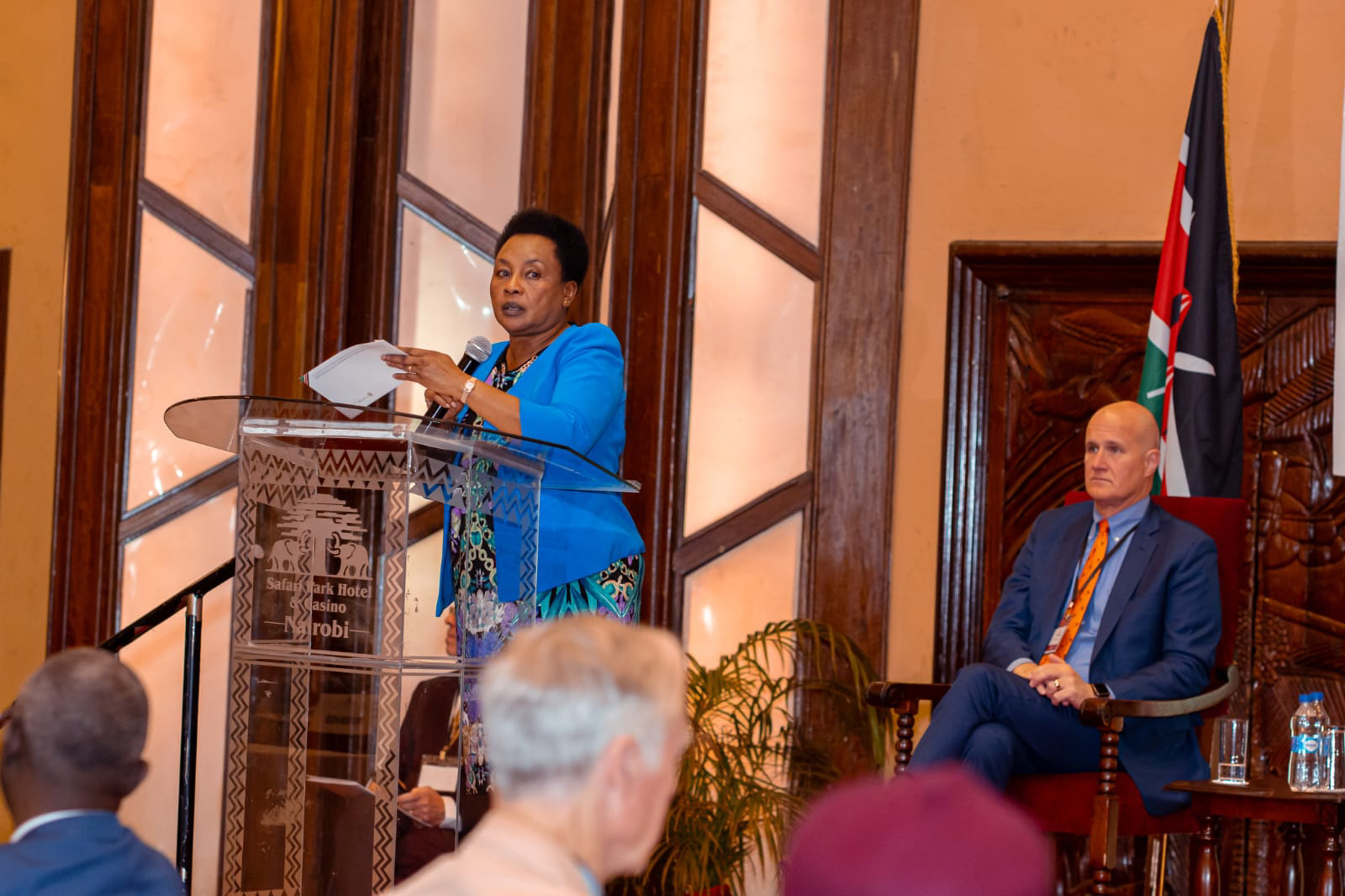Nairobi Hosts Joint Emergency Hospital Training in Collaboration with ICRC and NRC
Nairobi, once again played host to the Joint Emergency Hospital Training, a collaborative initiative between the International Committee of the Red Cross (ICRC) and the Norwegian Red Cross (NRC). This specialized training aims to bolster global readiness in response to escalating conflicts and emergencies that often leave affected regions without access to life-saving medical facilities.
PHOTO: Participants from different countries signing up for a collaborative simulation Norcross training in NairobiThe program, now in its second iteration, simulates real-life emergency scenarios. It brings together healthcare professionals from different Red Cross societies worldwide to equip them with the skills and knowledge necessary for rapid deployment. These emergency hospitals are designed to be operational within 96 hours, complete with essential supplies, medications, and a dedicated staff. Their ability to deploy quickly allows for swift action in areas facing immediate medical crises.
Cristiana Scano, the acting Head of Delegation for ICRC in Nairobi, emphasized the importance of preparedness in addressing global emergencies. “With the ever-changing dynamics of the world in relation to disasters and conflict, it is crucial to always have the capability to respond to any emergency that arises from such situations, and this is why these trainings are important for readiness,” she said.
The ICRC, in collaboration with the NRC, plays a vital role in ensuring logistical support for these deployments. The organization is capable of quickly distributing large quantities of medical equipment via chartered flights and long-haul trucks to areas in urgent need.
The NorCross hospitals have already been deployed in regions such as Ethiopia, Sudan, Chad, and Gaza, where they provide critical assistance. To date, over 600 million Kenyan shillings have been allocated for hospital deployments, with more than 400 million spent on procuring essential medical equipment. This ongoing training and resource investment ensures a global ability to respond to medical emergencies swiftly and effectively.




Comments
Post a Comment